5.5mn in Damascus without water as disease outbreak looms, UN warns
The United Nations says millions of Damascus residents have been scrambling for clean water for nearly two weeks after supplies from the main source for the Syrian capital were disrupted in the wake of contamination due to militant sabotage.
“In Damascus itself, 5.5 million people have had their water supplies cut or minimized,” head of the UN-backed humanitarian taskforce for Syria, Jan Egeland, told reporters in the Swiss city of Geneva on Thursday.
He stressed that "to sabotage and deny water is of course a war crime," warning that civilians "will be affected by waterborne diseases" if clean water supply is not restored.
Water supplies from the militant-held area of Wadi Barada near Damascus have been severed since December 22, when Syrian army soldiers and fighters from popular defense groups launched a major offensive to recapture it after terrorists refused to surrender and leave the mountainous area near the Lebanese border.
The Takfiri militants earlier contaminated Damascus's drinking water supply with diesel. The water authority had to cut supply to Damascus and resort to using water reserves after extremists polluted the Ain al-Fijah spring in the valley.
The Barada River and Ain al-Fijah spring reportedly supply 70 percent of the water for Damascus and its environs.
Egeland also argued that the week-long and nationwide truce in Syria has yet to facilitate more access for humanitarian aid workers.
The UN's humanitarian adviser for Syria called on Russia and Turkey as the engineers of the new ceasefire to honor their promise to facilitate the distribution of desperately needed humanitarian assistance across Syria.
Meanwhile, in a letter to the United Nations, the Syrian Foreign Ministry condemned the Takfiri Jabhat Fateh al-Sham group for committing war crimes by polluting and cutting off the Damascus water, and expressed regret over the international community’s silence in the face of the crimes perpetrated by the foreign-backed militants in the Arab country.

In another development on Thursday, UN Special Envoy for Syria Staffan de Mistura expressed hope that the truce in Syria and the forthcoming negotiations between the Syrian government and foreign-backed opposition in the Kazakh capital Astana on January 23 could accelerate UN-brokered peace efforts.
“We believe that any effort again that consolidates... the cessation of hostilities and helps in preparing a (UN-backed) discussion that will take place here in Geneva in February is certainly welcome,” he told reporters, adding that he wants to rekindle inter-Syrian peace talks on February 8.
On December 31, the UN Security Council unanimously adopted a draft resolution submitted by Russia and Turkey on the ceasefire, which excludes the Daesh and Jabhat Fateh al-Sham Takfiri groups.
The text of the resolution “welcomes and supports efforts by Moscow and Ankara to end violence in Syria and jump-start a political process.”
It also calls for rapid access for humanitarian aid to be delivered throughout Syria.
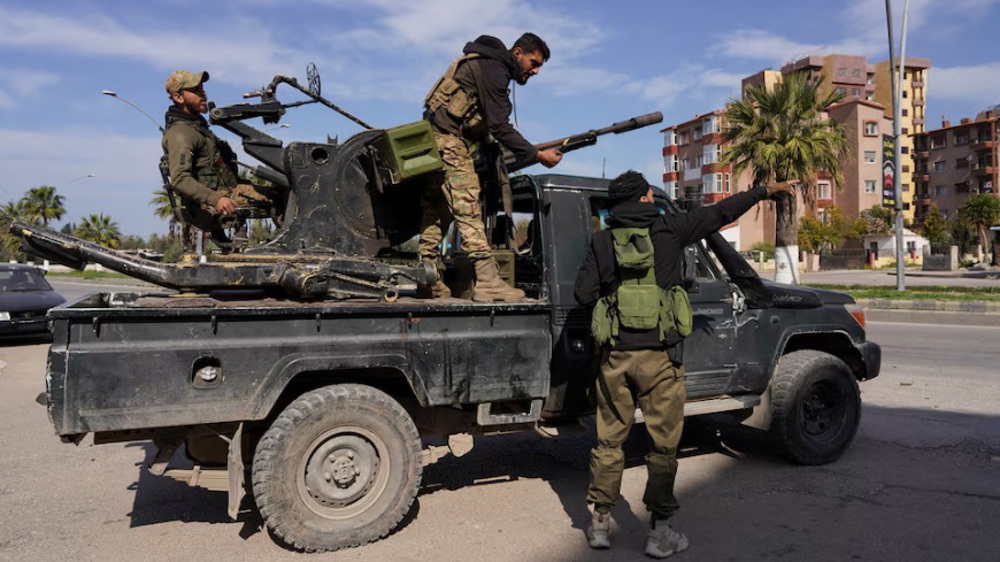
HTS gunmen, allied militants kill over dozen Alawites in Syria’s Homs
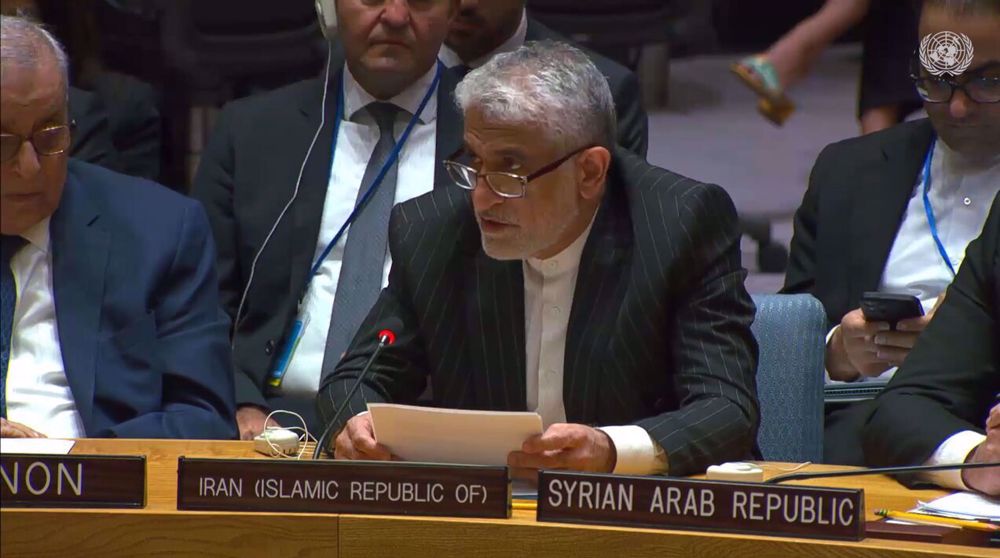
Iran backs sovereign, stable Syria free of terrorism, UN envoy says
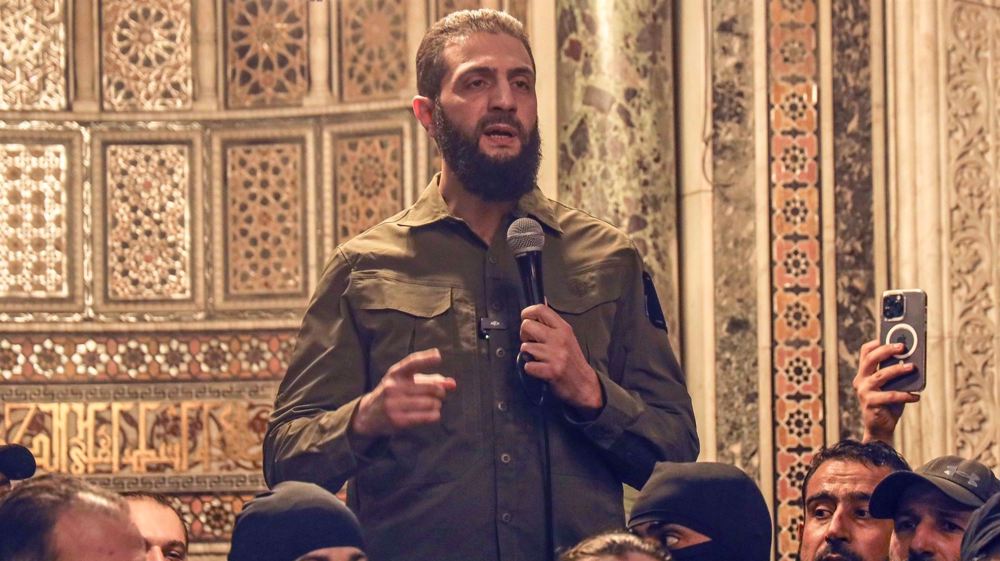
Syria’s HTS seeks normalization with Israel, Jolani writes to Trump
VIDEO | Mohsen Eslamzadeh, visionary filmmaker
Israel bombs Lebanon's capital Beirut
Trump wants 'free' transit for US ships in Panama, Suez canals
Israel and its arms suppliers ‘must be stopped,’ UN says
Putin orders emergency planes to Iran after blast at port of Bandar Abbas
Pezeshkian visits Bandar Abbas to monitor response operations after port blast
VIDEO | Press TV's news headlines
Betar US: America's new face of Zionist terrorism and the darker rebirth of Kahanism






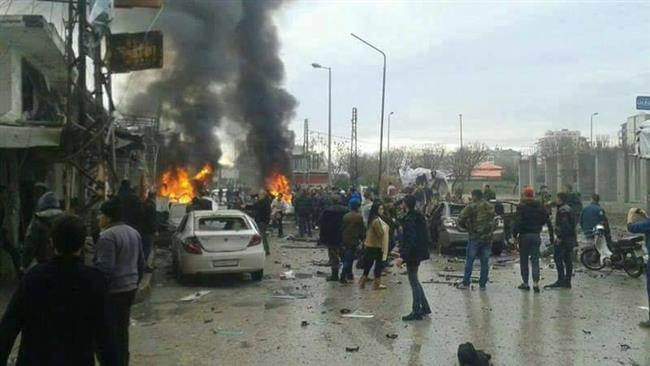
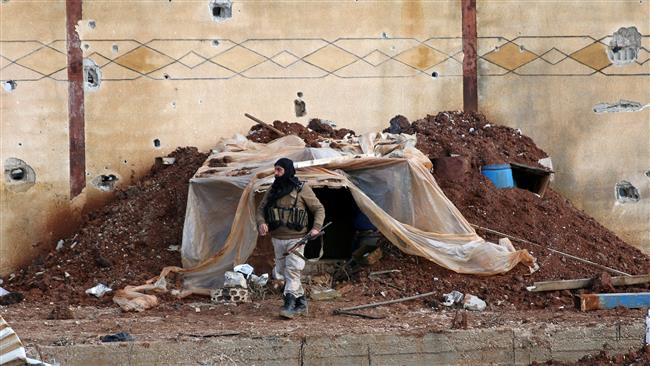
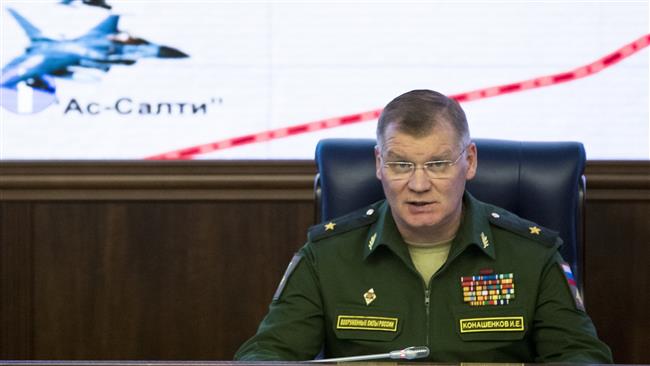


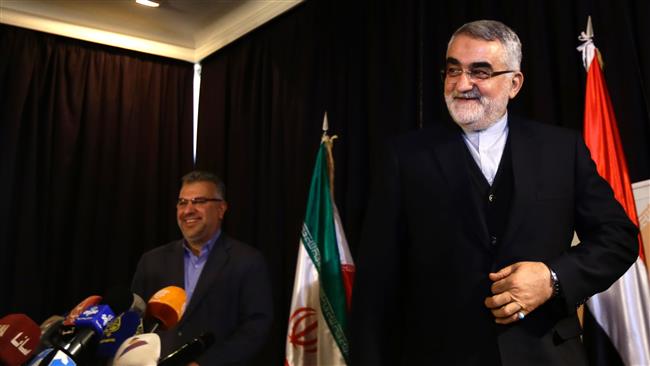

 This makes it easy to access the Press TV website
This makes it easy to access the Press TV website